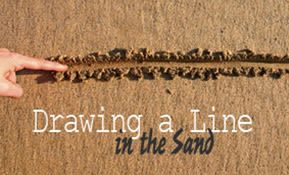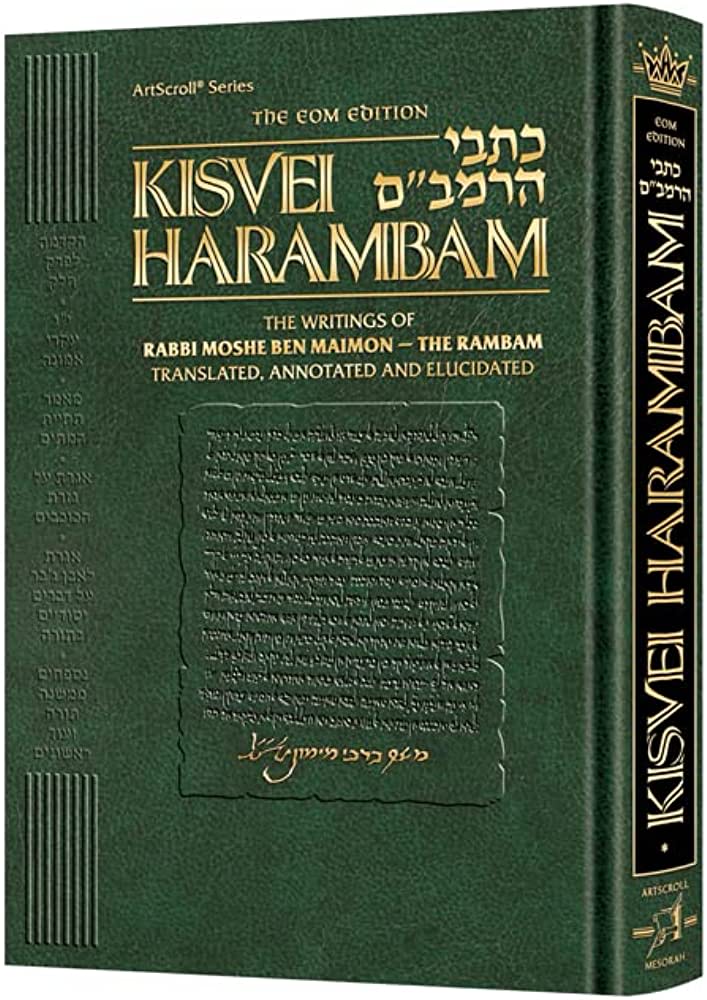
Mikeitz: What’s in a Name?
In the fabled world of the American celebrity, the rich and famous are known to spend money on everything from clothes suited for royalty...

In the fabled world of the American celebrity, the rich and famous are known to spend money on everything from clothes suited for royalty to houses the size of small republics in the Caribbean. This week, I was told that we can now add shuls to the list of celebrity investments.
Word has it that the famous rapper, P-Diddy, offered to donate money to a synagogue in the New York area if the Board of Trustees would agree to display his name in a prominent public area. Originally known as Sean Combs, then Puff Daddy, and now P- Diddy, over the last decade, the rapper has changed his name at least three times. I would assume that history will repeat itself, and that this new name will not be his last.
For many Jewish children growing up outside of a major Jewish community, Jewish names are a source of embarrassment, akin to pimples and holding their parents’ hands in public. That's because they do not understand the potency of their Hebrew name. A name captures the individual's essence and provides us infinite insights into his role in the world.
In this week's Parsha, Yosef (Joseph) emerged from his lowly position as slave and prisoner. Through utilizing his God-given ability to interpret dreams, he was promoted to the second-most important position in Egypt. In his newfound stature of wealth and privilege, he was blessed with two boys, who he named Manasseh and Ephraim.
Manasseh
Yosef named his oldest son Manasseh because, “God has made me forget all of my hardship and turned my father’s household into creditors to me.”
Manasseh demonstrates a fundamental concept of Jewish philosophy. In The Path of the Just (Mesillat Yesharim), the Ramchal reminds us that throughout our lifetime we are subject to intense suffering and toil. After a relatively short time – seventy, eighty years – we die. To one who recognizes the all-merciful God, this appears, at least superficially, illogical. If the world is perfect, then why are we born to suffer? Why do we stub our toes and lock our keys in the car?
The Ramchal explains that this apparent imperfection demonstrates that this life cannot be an end unto itself. The suffering we endure is part of a larger picture.
Let's take a deeper look at Yosef. He was a holy man who spent much of his youth imprisoned and in exile. His life parallels the history of the Jewish People. We, too, seemingly stumble from one tragic situation to the next. If it’s not the Cossacks, it’s the Nazis; if it’s not the Crusaders, it’s our high assimilation rate. Shouldn’t such a righteous nation as ours reap its just reward?
Clearly we should, and as we know, Yosef did not die in despair. Rather, he was elevated to great heights, and in his triumph he recognized that all the pain that he had endured was for the specific purpose of bringing him to this exalted position. How else could a young Hebrew slave become second in command to the most powerful man in Egypt?
Yosef recognized that God directs the course of history for our ultimate benefit, whether in times of plenty or in times of famine. While we might experience pain, that pain is really for our benefit. A teacher of mine once explained that we perceive negativity because of what he termed “keyhole vision.” We are incapable of viewing the entire picture. Our perception of the world and how we perceive good and bad is subject to our biased and very limited mental capacity.
Have you ever watched a weightlifter at work? He's experiencing intense pain and anguish as he struggles to lift the heavy weights. His face contorts until it resembles a prune and he sweats like a mule after plowing a dusty hay field in one hundred degree heat. Through our keyhole vision, we might assume that the weightlifter is suffering terribly. But the reality is very different. He's trying to build his body and his strength, and is lifting weights to achieve that goal.
In the same way, we, too, are trying to build our inner, spiritual selves. God designed the world in such a way that the anguish, suffering and difficulties we endure has the potential to bring out the best in us. The name Manasseh demonstrates this point: “God has made me forget all of my hardship and turned my father’s household into creditors to me.” All the suffering was for his benefit.
Ephraim
Yosef’s younger son was named Ephraim, which means, “God has made me fruitful in the land of my suffering.” Abarbanel interprets this to mean, “Despite all the greatness and splendor Yoseph enjoyed as viceroy he still regarded Egypt as the land of his suffering, for he was still a son of Yaakov (Jacob)…”
People mistakenly assume that material comfort contradicts spiritual pursuits, therefore choosing to be mitzvah observant means forfeiting material wealth. The name Ephraim demonstrates that there is no contradiction. The key is that while enjoying our material comforts we must constantly remember that we are "still a son of Yaakov."
Our relationship with God does not negate the physical world. Instead, it provides us with the tools to elevate that world as part of our spiritual service. God has blessed His righteous ones with considerable wealth and comfort. Nearly all of our forefathers were wealthy. Yet none of them attributed their material comfort to their surrounding culture. Instead, they realized that it was a gift from God, and to be used properly.
Physicality will not quench our spiritual thirst; it will only make us desire to drink again and again from the fountain of opulence. Through recalling Ephraim, we will remember to focus on our spiritual development, even as we enjoy our creature comforts.
Two Concepts Unite for a Blessing
Manasseh teaches us that all the joy and pain we experience is a gift of God, to bring out the best in us. Ephraim teaches us never to take life's blessings for granted, and that we should use them to become close with God.
Through unifying these two concepts, we will, God-willing, merit our ultimate redemption, and, like Yosef, be elevated from our present exile into a reality of pure joy. Rabbi Shimshon Raphael Hirsch explains that for this reason when Jewish parents bless their children, they beseech God that their sons should be like Ephraim and Manasseh – realizing that life's trials are for their ultimate benefit, while making use of life's blessings to become close with God.











Tell us what you think!
Thank you for your comment!
It will be published after approval by the Editor.